
It
is refreshing to finally see Edward Norton steer his talent in a
more romantic direction. In
person, he seems as inexorable and uncompromising as exemplified in
many of the characters he’s portrayed.
His tough demeanor’s not to say that he isn’t remarkable.
After all, his outstanding performances as infamous
destructive and abrasive characters in AMERICAN HISTORY X, PRIMAL
FEAR, FIGHT CLUB and 25TH HOUR are powerful showcases of his butt
kicking talent. I reckon this
is one bad boy you don’t want to mess with!!
However, Norton’s much anticipated role in the film THE
PAINTED VEIL, contrarily demonstrates a different approach
to revenge as his boundaries for love and deception become
challenged.
THE
PAINTED VEIL is the third film version and adaptation of the classic
novel written by Somerset Maugham. It
is a melodramatic period piece and classical romantic story that
focuses on an unhappy married couple, whose survival becomes
questionable in a remote Chinese village plagued with a deadly
epidemic. Norton, a reserved
bacteriologist costars with Naomi Watts, who delivers another
brilliant performance as Norton’s bored, socialite onscreen wife.
Together they exhibit a magnificent chemistry that translates
into a beautiful, timeless piece. Check
out what Norton had to say when I had the pleasure of
talking to him about working in China, Naomi Watts, the
challenges in portraying his character Walter, and his determination
and desire to make his latest release, THE PAINTED VEIL.
Edward
Norton

What
was it like filming in
China
?
It
was a great experience. When you make movies, a lot of times, the
artifice of the experience is very present all around you, so you’ll
be creating a reality, but then, when you step out of work, it’s not
that often that the experience of making a movie has a lot of
parallels in the story. It was [paralleled because], in this case,
we were working far from, and we were working through the difficulty
of translation. Sometimes [there’s] inefficiency communicating that
way—people [do] things differently than when you do them. Your
problems fade away because often this other context fed very
directly into what the story was about and that was, kind of,
special. There are frustrations to making anything way out there in
places where there aren’t even paved roads, but those logistical
challenges were minor compared to how great the Chinese crews
[were]. Their work ethic was just unbelievable.
Why
did you decide to take on the role of Walter?
It
was a combination of two things. If you watch David Lean films or Out
of Africa, you can’t help but think how great it would be to have
that kind of experience. When you see the potential in something for
that kind of scope, it’s very tempting. The best of those movies, I
think, are the ones that have themes at the heart of them that
transcend the period. When I read [the novel] The Painted Veil
, I found myself more moved by this story of these people, kind of,
going through the process of losing their illusions about each other
and managing to recover a deeper scene of each other. I related to
it more than I tend to related to stories about wedding planners or
things like that. So, for me, it was, sort of, the combination of
the epic scope of the film, but with a set of themes at the heart of
it that I thought were moving.
Were
you familiar with W. Somerset Maugham’s other novels?
I
had read a few of his [novels, but] I had not read The Painted
Veil and I read Ron [Nyswaner’s] script before I had read the
book and went back to the book and, in a way, then we moved on with
the script.
How
was the Walter’s character different in the book than in the film?
In
some ways, I think that the Walter in the book is more harsh. In the
book, many of the same things that happen [also] happen in the film,
but they happen in different ways. In the book, [Kitty] has to go
back to Charlie after his death and sleep with him again before she
realizes how thoroughly awful he is. In the movie, we moved that
recognition further forward. In the book, the impact of the
experience with Walter and everything finally lands when [Kitty]
goes home and asks for forgiveness from her father. In the film, we
made that happen between her and Walter before his death. We never
wanted to abandon the basic idea of a woman confronting the
limitations of her view of life, but we wanted to let those changes
take place between the two characters.
What
makes the role of Walter so challenging for you?
He
has so many levels. On first impression, much as [Kitty] perceives
him, the audience has a chance to perceive him as [being] a little
bit antisocial [and] he’s very cerebral. As the story goes on, his
unsuspected depths keep getting revealed—the depth of his passion,
of his capacity to be hurt, in a way, [and] to be vengeful. He
becomes almost violent [and] psychologically violent. That, too,
gives way to a kind of humility and compassion that you don’t
[notice] in him in the beginning. As an actor, you sit there going
like, “Wow, this guy is quite an onion. He keeps peeling away
and peeling away”. I think he hurt Kitty, equally. That’s what
makes it a complicated little dance between the two of them.
What
attracts you to Chinese culture?
I
didn’t go looking for a film about China. The fact that I had some
background in [its culture] just made it more appealing once I had
encountered it. At the moment, it happens to be the [largest]
country on Earth [and] it’s one of the oldest cultures. In a lot of
ways, China to me is like America in the sense that it’s too vast to
encompass [it] easily or [to] make general statements about it. It’s
geographically diverse [and], just like America, it’s ethnically
diverse. It’s a place that’s [going through] enormous changes that
are happening and that are palpable. In that moment that this story
takes place, it was another moment in which change was ripping
across that country and people were asserting their right to throw
off the shackles of other countries meddling their affairs.
Does
the location of the film really matter?
It
could take place in another similarly historic moment in another
place, but, in this case, it’s not really part of the book, but
[director] John Curran brought specificity to the historical moment
in the film. He pushed me and Ron {Nyswaner] to get more specific
about when this was taking place and what was going on. We all
recognized that that was smart because it resonated with things that
we’re seeing today. John Curran is a good dramatist. He looked at
this and said, “How can I create an environment around these
characters that drives them closer together? Beyond cholera, what
can be going on?” He found this moment in Chinese history when
foreigners were being attacked all over the countryside and it’s
just good drama.
What
were the effects of giving more attention to the Chinese
perspectives?
The
more we gave voice to the Chinese perspective on people’s
interventions and their affairs, the more the Chinese people we
worked with felt even more deeply connected to it. It was fairly
late in the process when we wrote that scene where Walter is saying
to the colonel at the campfire, “I don’t get your beef with
me,” and the colonel says, “I understand that, but your
country is pointing guns at our country”. The more we gave
voice to the Chinese perspective, the more it gave it resonance,
even for our Chinese colleagues.
What’s
it like working with Naomi Watts?
She’s
supreme. I really can’t say enough good things about her. Beyond any
film I’ve ever worked on, these performances were in lock step.
There was no way to do one without the partner doing the other.
They’re so intimately intertwined; it’s definitely the closest I’ve
ever worked on a day-to-day level with another actor. It’s just
fantastic because she’s so unafraid to work at levels of nuance.
She’s putting together things so subtly. I love that [scene] in the
film with her and Diana Rigg because she’s really not saying that
much, but you feel the impact of this perception of Walter watching
over her to the point when she walks out and can’t speak. That kind
of work is so gorgeous. I think it’s the best of what you can do in
film acting because it’s almost gestural. She’s got a great feeling
of how much the camera can draw out of [her].
How
long did you and Naomi Watts discuss The Painted Veil?
Naomi
[Watts] and I talked for a couple of years. She was involved [with
it], also, for a long time. A lot of times, we, sort of, wrote a lot
about it.
Did
you write letters to each other?
Yeah,
not pretending to be the character or anything, but just kind of
doodling on what we related to. Because the script was also
developing, [we debated] how far we are going to take this moment,
how overt is the forgiveness, [and] how much do you want them to say
on his death bed—how much of it can be expressed in words and how
much of it doesn’t need words.
The
both of us relied on John [Curran] enormously. She had a
relationship with [him]—they had known each other for 15 years and
already had done one film, [ We Don’t Live Here Anymore ], so that
was great. We had to shoot this film profoundly out of sequence and
do a lot of the deep scenes of [Walter and Kitty’s]
relationship in the middle of the movie without having shot any of
the beginning yet. That relies a lot on a director going,
“Don’t worry about hitting it perfect. Let’s do pitch 1 here
and [here] and give me the raw materials to sort it out later”.
I think that requires an enormous amount of trust in a director
because you feel that you have to be willing to, essentially, fail
to do things that may be, like, clownishly wrong and you need a lot
of trust among everybody.



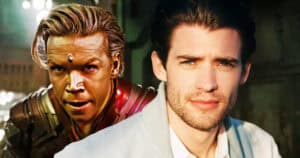
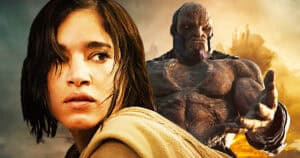
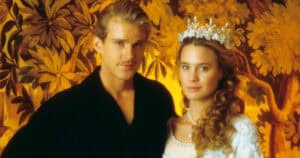

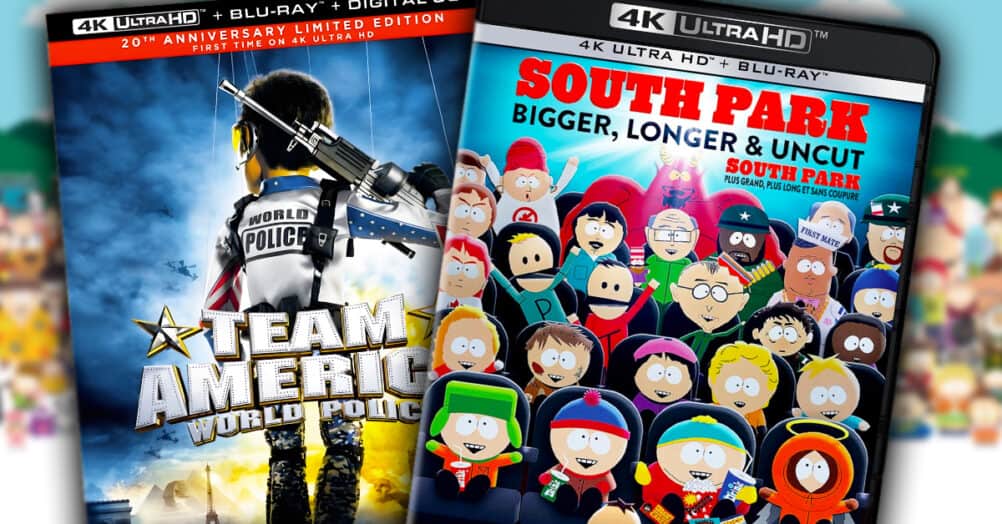
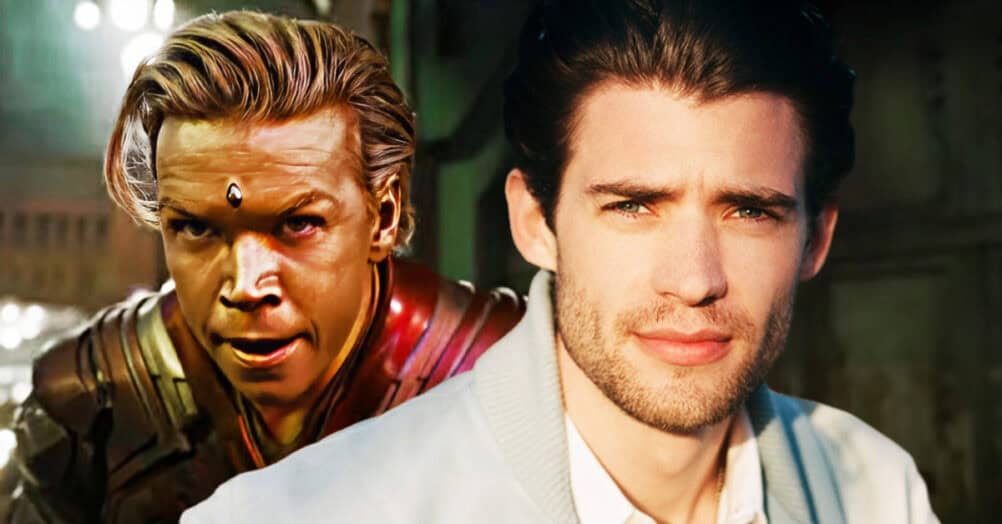
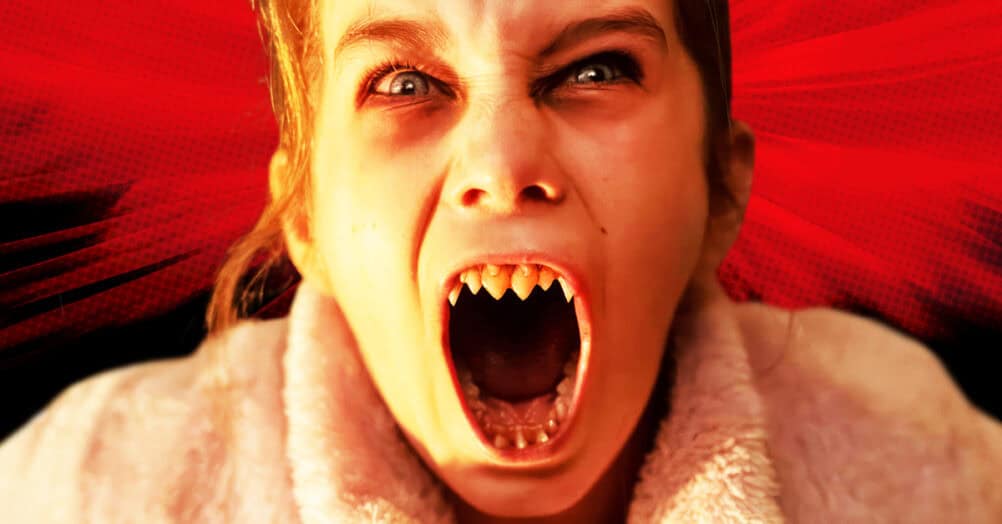
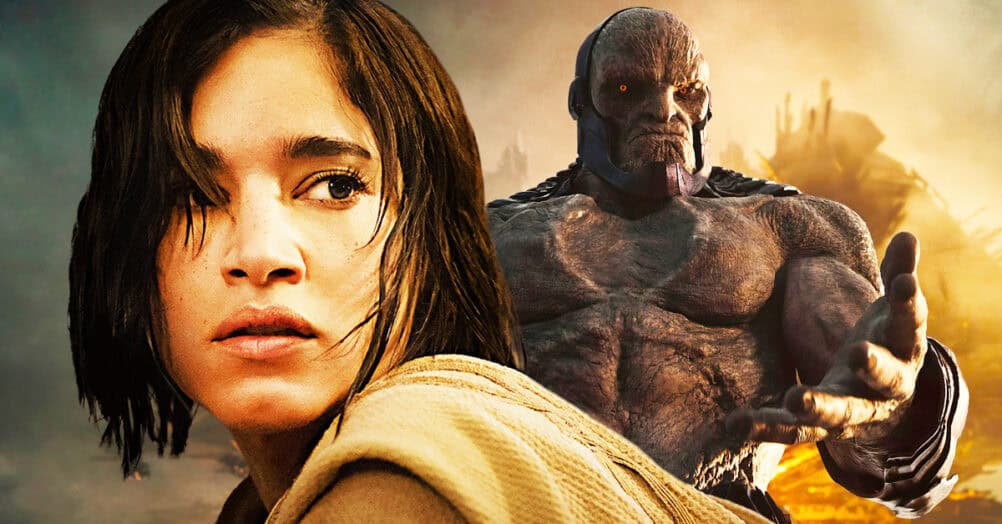
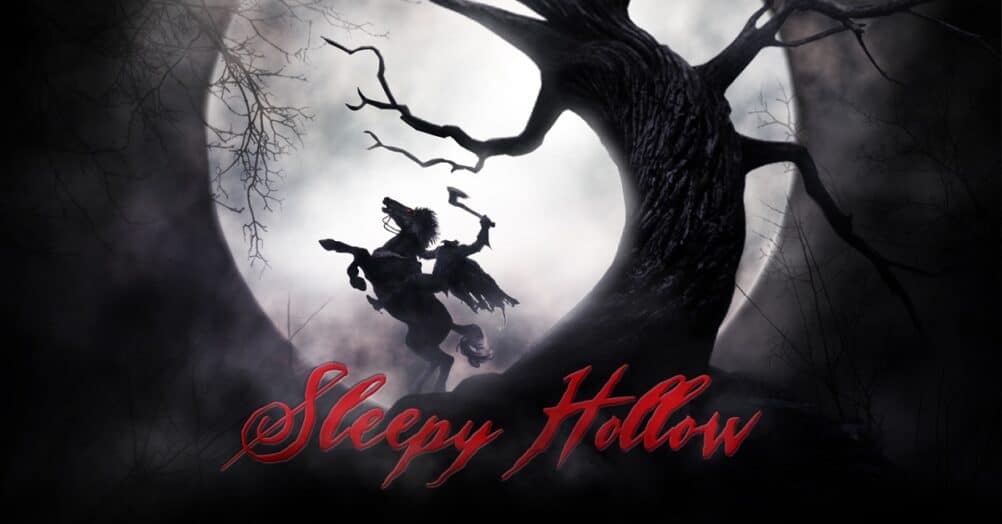
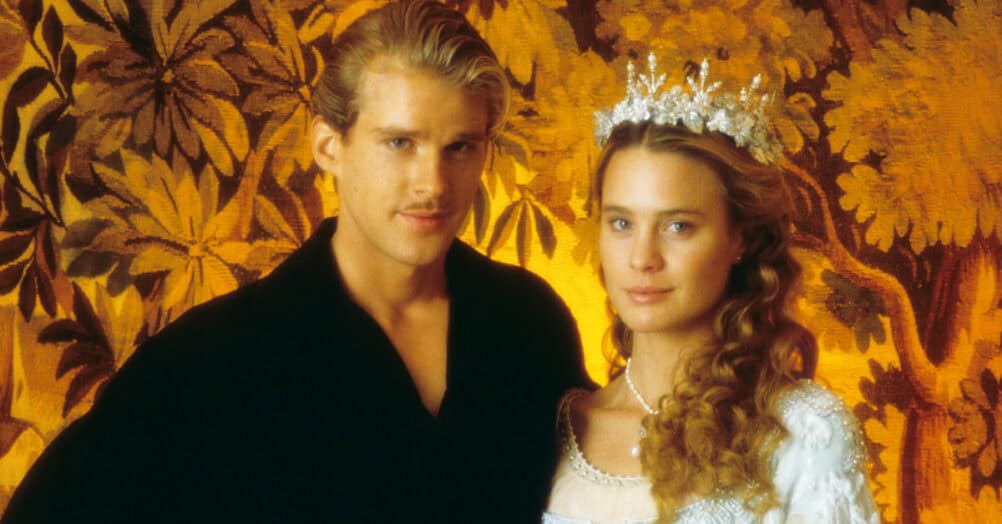
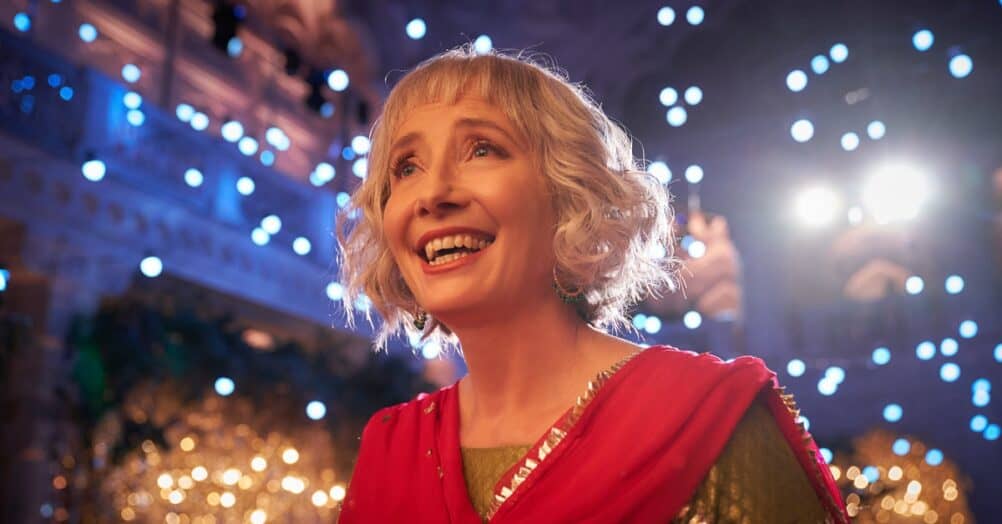

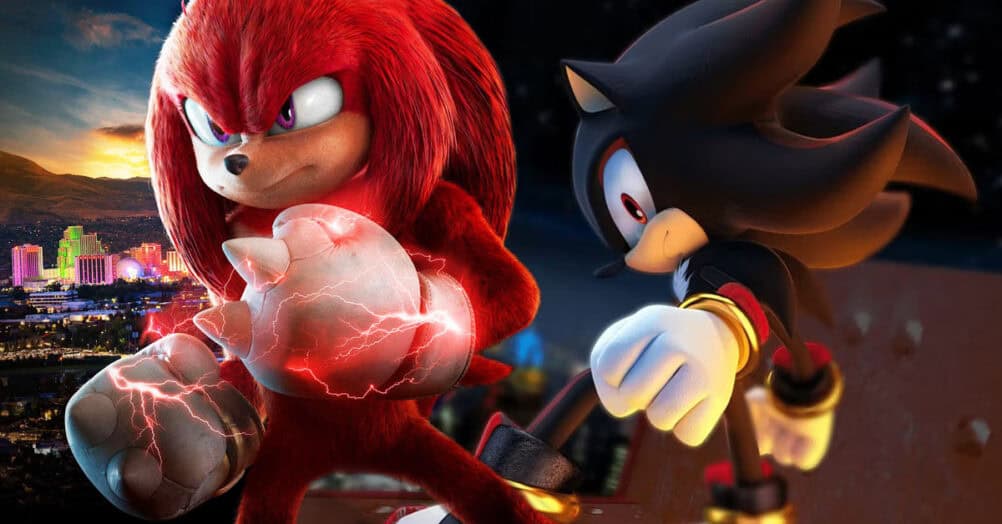
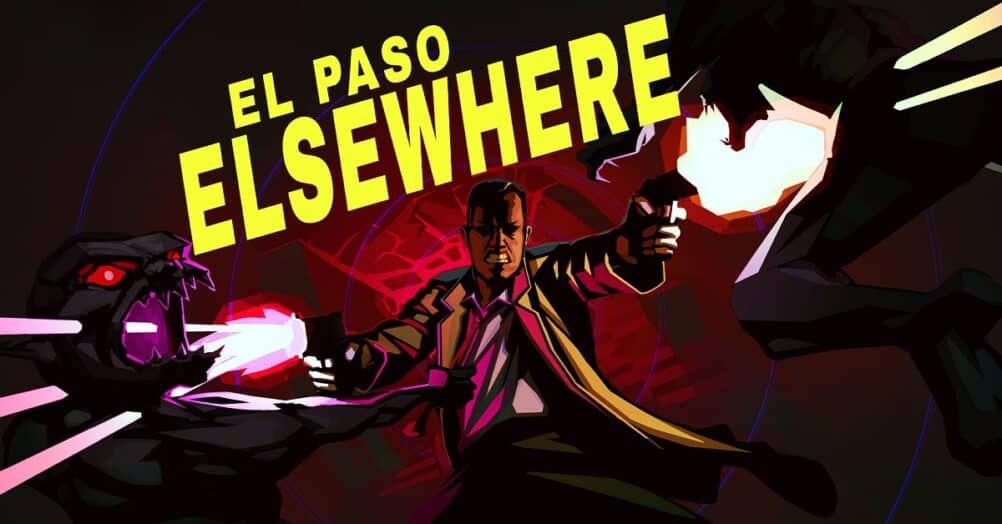
Follow the JOBLO MOVIE NETWORK
Follow us on YOUTUBE
Follow ARROW IN THE HEAD
Follow AITH on YOUTUBE